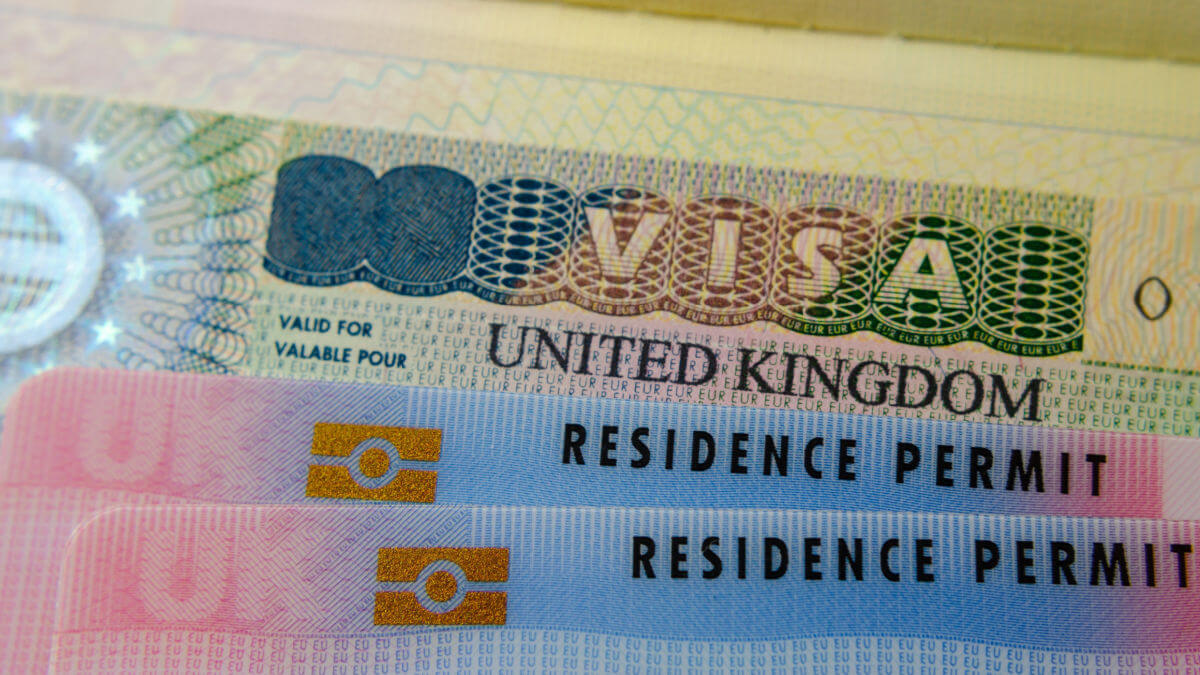How UK citizenship by investment works
Thinking of applying for a UK passport? Read our guide on the UK citizenship by investment, including the requirements, costs and benefits.

The United Arab Emirates are prosperous, offering good opportunities for foreigners to combine pursuing a career with a high standard of living. In fact, some 84% of the people living in the UAE, by some estimations, originate from outside of the Emirates. With rich natural resources and an international aviation hub in the Emirate of Dubai, there are plenty of reasons for expats to make the UAE their home, and if you’re staying for the long term, you might be considering getting UAE citizenship.
The process for foreigners to claim Emirati citizenship does require a long residency in the UAE, if you weren’t born there. Otherwise, the most common route to citizenship is to marry an Emirati. Although a relatively small proportion of those people living in the UAE are actually citizens, citizenship does come with perks, such as government benefits and tax breaks.
So, whether you’re just starting the application process to get a work visa in UAE or you’re an expat already living there, it’s good to know your options when it comes to switching your visa or permit, for permanent UAE citizenship.
Here’s a quick guide.
Citizens of UAE have different rights (and responsibilities) to migrants holding permanent residence. For example, one benefit of being a UAE citizen is access to free healthcare and schooling, and even support and allowances for housing to raise your children and cover marriage costs.
It’s often reported that Emirati citizens get favourable treatment and better access to jobs in the region - as well as commanding a higher salary than some expats. However, these benefits may not all apply to naturalised citizens without a long family history in the UAE.
Becoming an Emirati citizen is difficult for a foreigner, and whether or not it’s possible for you will depend on a variety of circumstances. There might be variations on the processes adopted across the different emirates and your options are also affected by factors such as whether you work, and who your employer is. It’s worth talking to a local immigration lawyer to confirm your options and choose the right route for you.
You’re automatically considered a UAE citizen if you were born in the Emirates to unknown parents, to an Emirati father or to an Emirati mother and unknown father. You can apply for UAE citizenship if you marry an Emirati citizen, or if you fulfil the residence requirement for naturalisation. However, the residence requirement has a lengthy wait of up to 30 years before an application will be considered.
Regardless of the route you’re applying to, you have to fulfil certain basic requirements to be eligible, including being able to speak Arabic, being legally employed in the Emirates, and being of good character. Try using a language learning app like busuu if you need to improve your Arabic.
Applications for UAE citizenship are managed by individual Emirates, and the final decision lies with the authorities there - make sure you have the correct details for the Emirate in which you reside.
It’s sometimes possible to hold citizenship of more than one country, known as dual or multiple citizenship. Dual citizenship isn’t usually possible when it comes to the UAE. If you choose to take Emirati citizenship, you’ll have to rescind your original nationality.
Whether or not you can claim UAE citizenship will depend on your personal circumstances - it’s not always possible to do so. The authorities do have some discretionary powers to offer citizenship to foreigners who have made an exceptional contribution to the region, but the main way to become a UAE citizen remains by the place of your birth.
If you can’t claim citizenship through any of the routes outlined below then seeking naturalisation based on your residence is the most likely option. However, the wait time for this means you must live and work in the UAE continuously for up to 30 years before your application will be considered.
If you’re interested in understanding more about your options to become a UAE citizen, it’s worth talking to an immigration lawyer who can offer personalised advice based on your situation.
Although some of the Emirates offer an investor visa, this only grants residency for a few years at a time. It isn’t a route directly to citizenship. If you want to become a citizen you’ll have to fulfil the residency requirement or follow one of the other routes, no matter how much you have invested in the country.
You can become a UAE citizen through descent if either your father or both of your parents were UAE citizens when you were born. If you have an Emirati mother, but your father isn’t from the UAE, then you can’t apply for citizenship until you’re 18 - although up until laws were liberalised in 2011, citizenship couldn't be passed on by mothers at all.
You might need permission from your expat father, to be able to accept UAE citizenship in this way. Details can be found online through the Emirate in which you live - for example, the processes in the Emirate of Dubai require your father to grant permission, attend a meeting and pay a fee.
A foreigner marrying an Emirati can get citizenship if the marriage lasts for at least three years. In this case, you’d usually be naturalised as a UAE citizen after 10 years of living in the country (instead of the 30 year wait for the usual naturalisation process). If you subsequently divorce and marry someone from outside the UAE then your citizenship is void.
Applications for UAE citizenship are made with the authorities in the particular Emirate in which you reside. In some cases, forms are available online, although you’ll most likely still have to attend meetings in person to process your application.
Because the rules are complex and demanding, it’s a good idea to have a local lawyer or immigration specialist help you make your application.
Any application fees are decided by the local Emirate in which you’re making your application. If you use an agent to help you navigate the system, you can also expect a bill - and any documents you need to have translated or certified as part of your application will cost too.
If you need to make an international money transfer to cover your costs, your bank might overcharge you, using a poor exchange rate and adding in administration fees. A better option, if you have a UAE bank account, or know someone who does, is to use Transferwise, and have your transfer processed using the real exchange rate with only a small transparent fee.
Once your citizenship is arranged, you can apply for a UAE passport. This is managed by the Emirate, and details of how to apply appear online. If you live in Abu Dhabi, for example, you can apply for a passport in as little as 15 minutes and for a cost of AED 55.
As getting a passport is a separate process from getting your citizenship, there are further fees to pay, so if you’re not already familiar with money and banks in UAE, you’ll want to do a bit of research.
Getting your Emirati citizenship is a tough task, and you’re going to have to be fairly patient with the process. But it’s possible, with the right advice and some forward planning - and there are certainly rewards at the end of it all. Good luck on becoming a UAE citizen!
*Please see terms of use and product availability for your region or visit Wise fees and pricing for the most up to date pricing and fee information.
This publication is provided for general information purposes and does not constitute legal, tax or other professional advice from Wise Payments Limited or its subsidiaries and its affiliates, and it is not intended as a substitute for obtaining advice from a financial advisor or any other professional.
We make no representations, warranties or guarantees, whether expressed or implied, that the content in the publication is accurate, complete or up to date.

Thinking of applying for a UK passport? Read our guide on the UK citizenship by investment, including the requirements, costs and benefits.

Looking for private medical insurance? Read our guide on private health insurance for foreigners in the UK.

When dreaming about higher education, many students have the United Kingdom in mind due to its prestigious universities and world-class academic programs....

Getting into a university in the United Kingdom has long been an aspiration for international students due to their world-class, top-notch excellence. There’s...

Whether you’re commuting to work, planning a weekend getaway, or embarking on a grand adventure, Trainline offers a convenient and hassle-free way to book...

A guide to the residence permit in the UK, including what it is, who is eligible, how to apply and how much it costs.